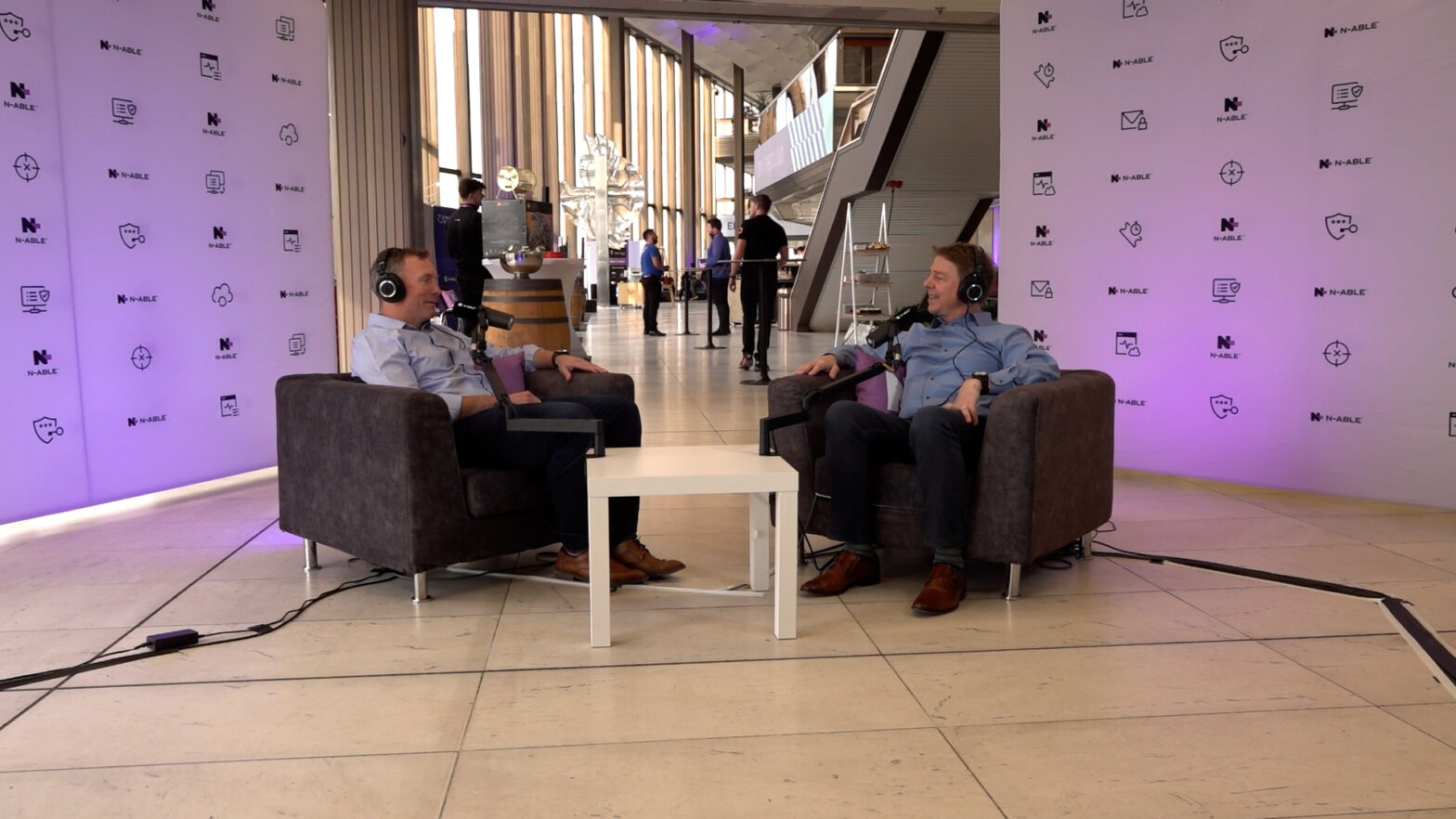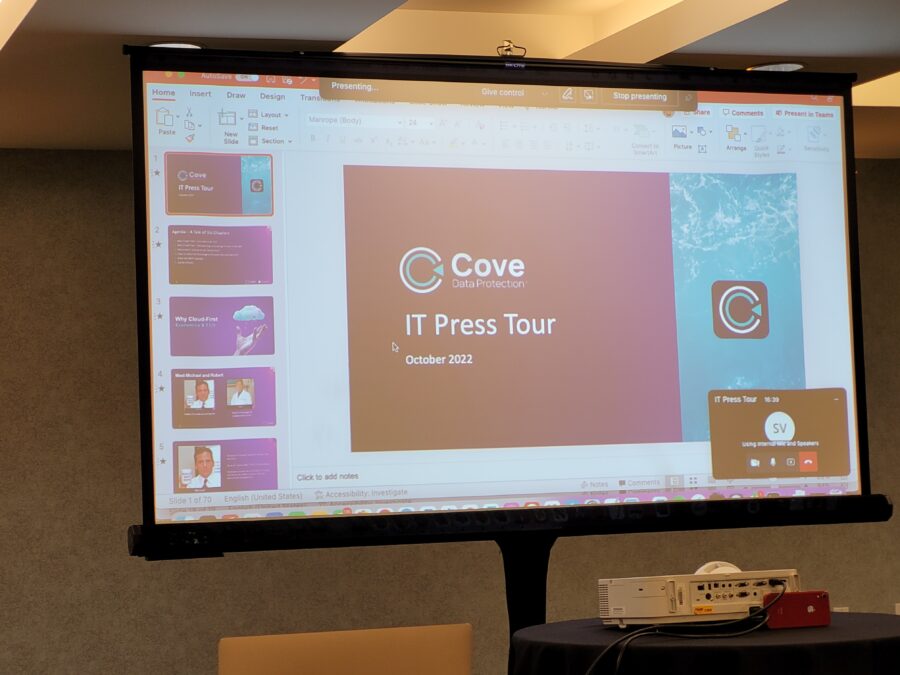The recent ‘WannaCry’ ransomware virus attack was heralded as the wake-up call for businesses concerned about their cyber security. A recent survey of 250 UK insurance broking firms, however, showed that following the attack there has surprisingly been little increase at all in the number of enquiries for cyber insurance cover.
>See also: Protecting against the inevitable: why cyber insurance is no longer optional
Elliot Lane, joint managing director at FWD added that these types of attacks are “becoming increasingly prevalent. Since WannaCry, there has been further cyberattacks, on Whitehall and the more virulent Petya ransomware attack. The question is what incident will be the catalyst to kick-start the market? Firms might be holding back on cyber insurance if they do not think that the right type of products are available, however if businesses are not prepared, then they could be facing significant losses. At this stage however, it appears that this is a risk many businesses are willing to take.”
The research, carried out by research and communications consultancy FWD, revealed that 73% of brokers surveyed said that there had been no change at all in the number of enquiries for cyber cover following the WannaCry attack. Only 4% of brokers said that they had seen a significant increase.
>See also: Cyber insurance in the spotlight – what WannaCry taught us
Carole Herpin, senior account director, FWD Research, said: “The uptake of cyber insurance in the UK has been relatively slow to date. Many people think that cyber would have the same impact as CAT or windstorm cover. That is, after a large incident, when people are reminded very clearly how important such cover can be, there is a major uptick in enquiries and purchasing among businesses. Many people in the market believed that the WannaCry attack, which hit businesses and institutions on a global scale, including the NHS, Telephonica and FedEx, would be a trigger point that pushed the market. Our research has shown this is not the case.”
The UK’s largest conference for tech leadership, Tech Leaders Summit, returns on 14 September with 40+ top execs signed up to speak about the challenges and opportunities surrounding the most disruptive innovations facing the enterprise today. Secure your place at this prestigious summit by registering here







